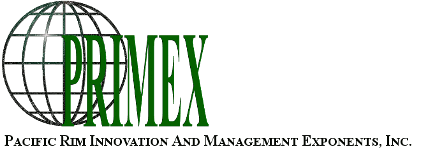Mr. Carlos Manuel Rodriguez, one of the world’s leading experts in Payment for Ecosystem Services (PES), discussed the political preconditi
The event was held on 18 September 2012 at Crowne Plaza Manila Galleria with support from ADB, the Regional Cooperation on Knowledge Management, Policy, and Institutional Support to the Coral Triangle Initiative project, Conservation International (CI) and the Global Environment Facility (GEF). The session provided a platform for sharing lessons on international good practice in PES, as well as a space for conversations and dialogue how to make PES work in the Philippines.
Ms. Noela Lasmarias, PES Specialist
In his talk, Mr. Rodriguez defined PES as “a financial instrument that fully recognizes ecological services between providers and users.” He explained that it was a private transaction between them, were the Government is in the middle setting policies, rules, procedures, institutional administration and the political will to internalize them.
Mr. Rodriguez referred to PES as “a sexy tool” to achieve an ambitious, long-term political objective. He stressed that it has to be well positioned and it has to be recognized by the stakeholders. In Costa Rica, they used PES to initiate a political process which moved the country to an agenda for sustainable development.
Among those who attended the event were consultants from CTI Southeast Asia and the CTI Knowledge Management project which are both managed by PRIMEX, and representatives from WWF, JICA, GIZ, USAID Philippines, Conservation International, Climate Change Commission, NEWCAP, NZAid Climate Change Project, VSO Bahiginan, and ADB.
—
Click here to download the presentations from the Coral Triangle Learning Resource Network.

